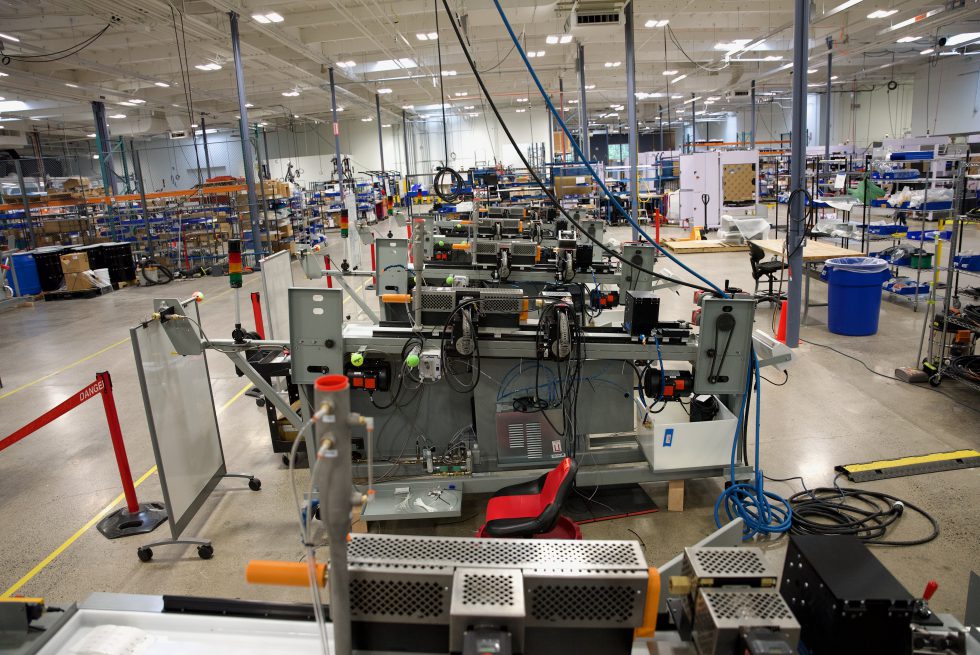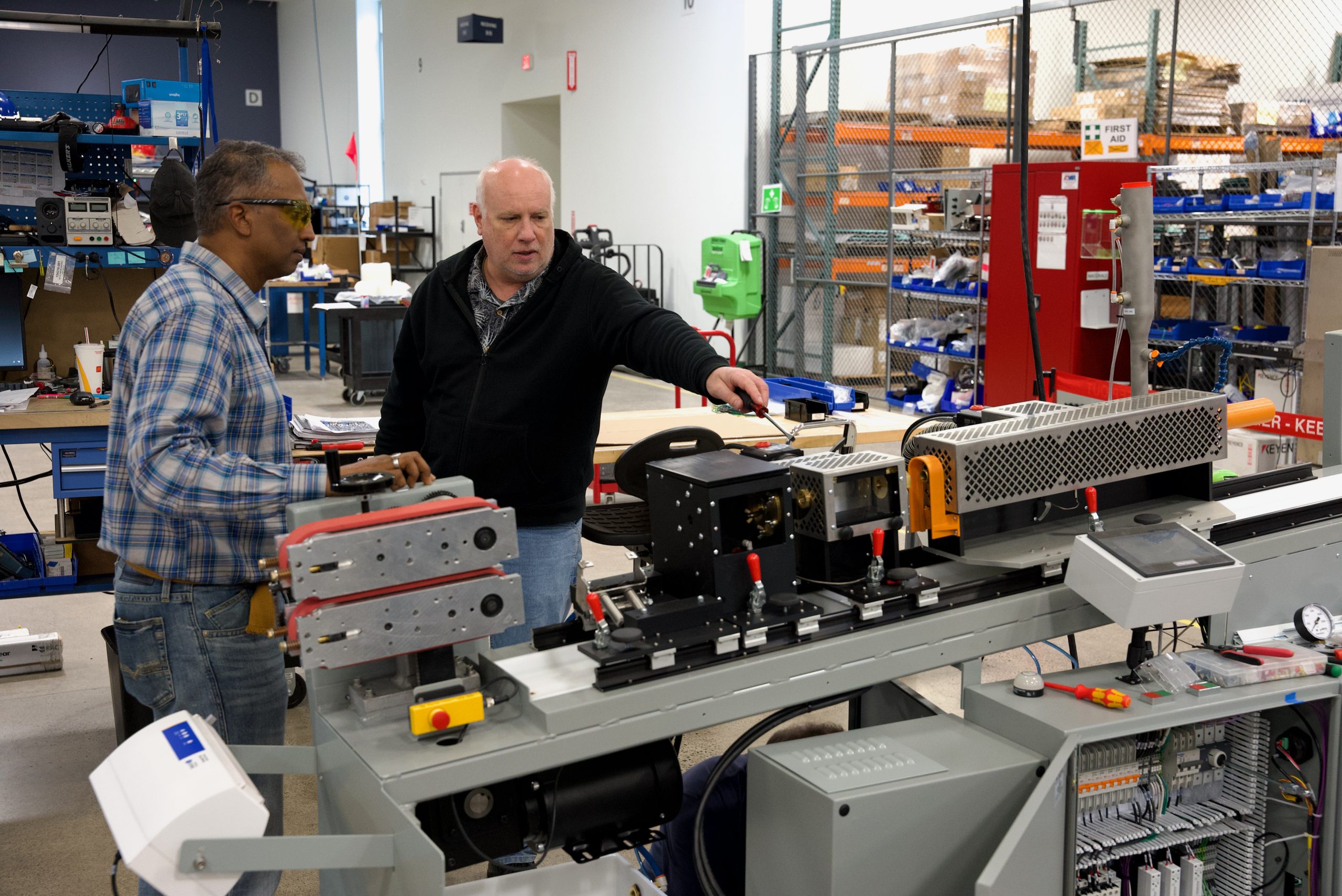Criteria to Consider When Evaluating a Contract Manufacturer’s Competency, Part 1
Criteria to Consider When Evaluating a Contract Manufacturer’s Competency, Part 1
Build-to-Print (BTP), also known as copy exact, build to reference, or volume manufacturing, is a specialized manufacturing approach wherein a company produces components, assemblies, or products strictly based on client-provided blueprints and specifications. This method allows for a high degree of precision and adherence to design intent, as the manufacturer focuses solely on the accurate replication of the provided design without alterations. BTP is especially prevalent in industries where design integrity, proprietary specifications, and consistent large-scale production are paramount.
Choosing the right BTP company is a critical decision that impacts both the integrity of your design and the consistency of your production standards. Companies generally turn to a Contract Manufacturer (CM) for a variety of reasons, such as being a small business or a startup, needing external labor, simplifying their supply chain, lacking advanced manufacturing expertise, dealing with fluctuating product demand, or wanting to allocate internal resources elsewhere. DWFritz is particularly startup-friendly, allowing emerging growth businesses to concentrate on innovation and design while they handle the scalability to high-volume manufacturing.
The picture above is an example of a BTP project done by DWFritz. The case study goes into detail how DWFritz manufactured a medical device package and label inspections to increase reliability, decrease costs, and dramatically reduce contamination rinks.

FREE 100 – Point Checklist – Questions to Ask When Evaluating a Contract Manufacturer
Key Considerations in Selecting a Contract Manufacturing Partner
1. Overall Expenditure: One of the most important considerations one must take while choosing the right CM is the total cost. When considering a Build-to-Print partnership, a meticulous understanding of the full spectrum of expenses is essential. This evaluation should encapsulate costs associated with supply chain, tooling, sample production, prototyping, and initial pilot series. Furthermore, it’s crucial to account for expenses arising from OEM part purchases, any required product customization, and logistical considerations like packaging, shipping, duties, and the intricacies of payment terms. When these collective costs are more economical than the escalating expenses of in-house labor and utilities or lack of in-house manufacturing capabilities, it becomes prudent to opt for outsourcing.
2. Maximizing Value with Contract Manufacturing: Contract Manufacturers frequently go beyond mere assembly, offering valuable services like Design for Manufacturability (DFM) and Value Added/Value Engineering (VA/VE). These services can lead to significant cost reductions, product performance optimization, and effective component sourcing. This comprehensive approach not only enhances product quality but also aligns the contract manufacturer’s success with that of their clients.
3. IP Protection Protocols: The protection and safety of intellectual property (IP) is paramount when collaborating with a contract manufacturer. Entrusting your IP-be it design blueprints, proprietary software, or unique processes-to an external entity demands assurance that it won’t be compromised. A reputable CM understands the value of IP and will have stringent measures in place, including non-disclosure agreements and secure data handling practices, to ensure its protection. Such commitment not only maintains the distinctiveness of your product, but also safeguards competitive advantages in the marketplace.

